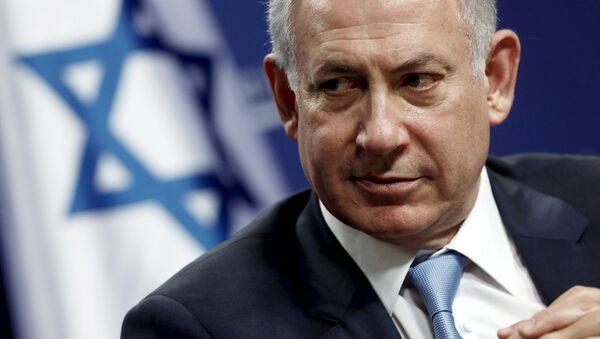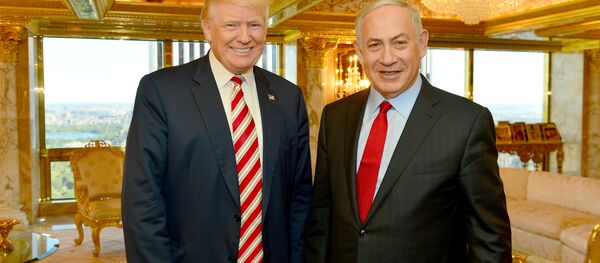Israel moved on Sunday to approve a hotly contested bill seeking to define the country as the "national home of the Jewish people," while simultaneously making Arabic a language of "special status," rather than an official language in the country.
Ministers in Jerusalem have confirmed that the new bill has been approved by a cabinet committee, which opens the door for a parliamentary vote.
As an estimated 17.5 percent of the country's population is Arab, and many signs and services are ordinarily in Hebrew and Arabic. It is not currently known whether the new laws would eliminate that practice, as well as other public social services.
The Likud Party of Israeli Prime Minister Benjamin Netanyahu is considered to be the most nationalist in the history of the country, and those citizens of Arab-Israeli descent observe endemic discrimination in the increasingly religious state, according to Yahoo News.
Israeli news media outlet Haaretz asserted, however, that the bill would not result in democracy becoming an ancillary to the Jewish nature of Israel's culture.
But defining Israel as the "national home of the Jewish people" is seen by many as further obscuring the lines between church and state and opening the door to increased instances of nationalized discrimination within the Middle Eastern country.
Israeli Parliament member Ayman Odeh, chief of the Arab Joint List alliance, refuted the contents of the bill, noting that its adoption would result in a shrinking of minority rights, adding that it will "legally transform us into second-class citizens."
Sponsored by Avi Dichter, a member of Netanyahu's overtly nationalist Likud party, the bill has been promoted as necessary to "set in law our national identity while remaining a democratic state."
The new Israeli bill is also seen as being, in part, a response to a recent announcement by Palestinian political organization Hamas, refuting the Zionism driving the Israeli occupation of Palestine, but accepting the concept of a Palestinian state in territories seized by Israel in the 1967 six-day war.



